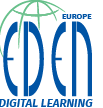
- This event has passed.
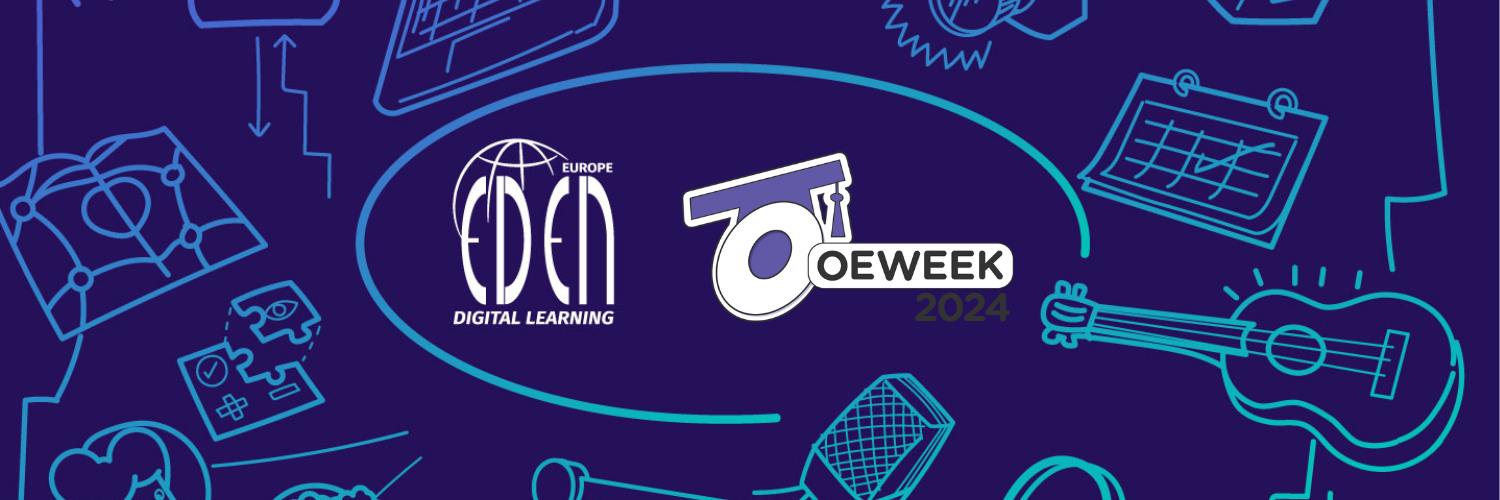
Open Education Week 2024 – The Future of AI in Formal and Informal Education Contexts: Inclusion, Ethics and New Perspectives
March 4, 2024 @ 15:30 – 17:00
Description
The panel will discuss the potential role and impact of artificial intelligence in both formal and informal educational contexts, highlighting the ethical implications and possibilities in terms of promoting the social and cultural inclusion of different categories of learners, such as those with protected characteristics (such as disability). In the panel, experts will present case studies, research experiences and good practices implemented in different educational institutions, from primary schools to heritage institutions.
Format: presentations
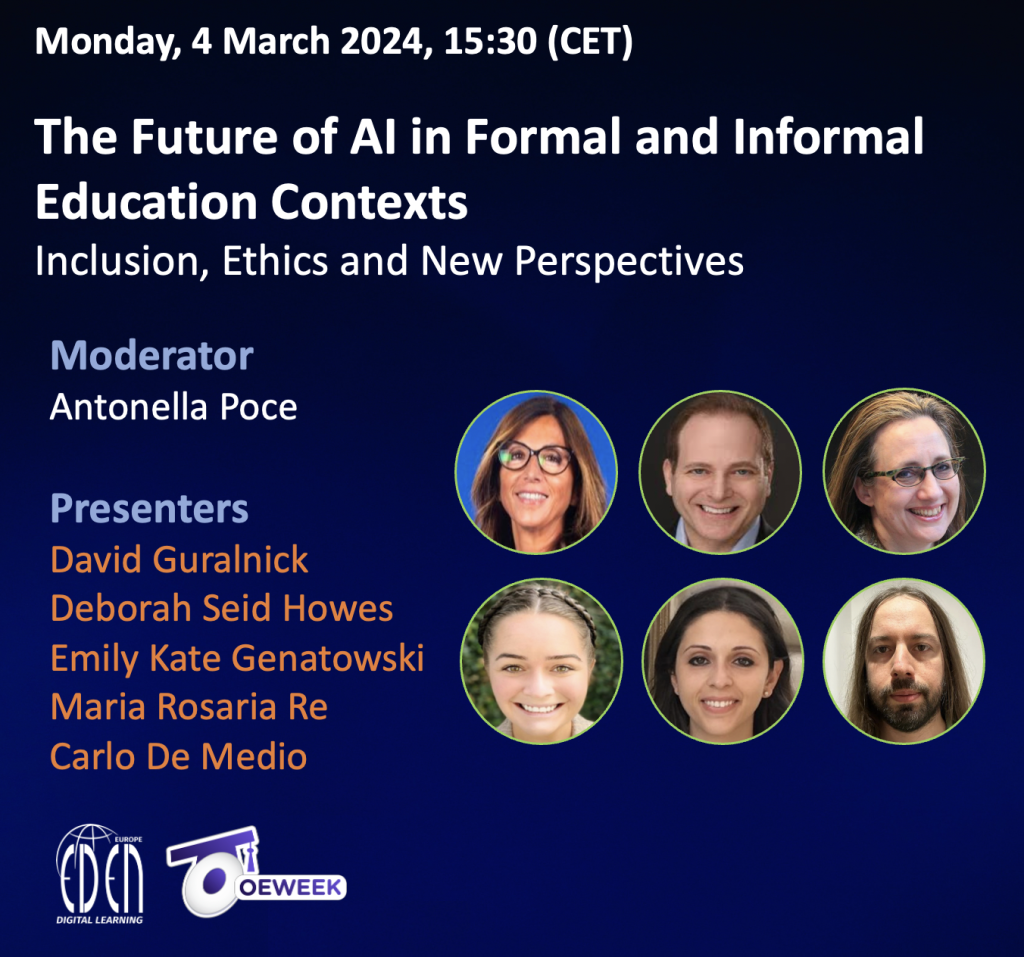
Moderator
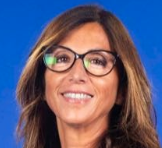
Antonella Poce is presently full Professor in Experimental Pedagogy at the department of History, Heritage, Education and Society of the University of Roma Tor Vergata where She teaches Experimental Pedagogy, Educational Research Methodology, Museum Education. From December 2020 to February 2023, she was full professor in the same subject at the Dept. of Education and Humanities, University of Modena and Reggio Emilia, where she chaired the INTELLECT International Research Centre for Research into Heritage and Museum Education, Well-being and Teaching Technology. She still coordinates the following joint (UNIMORE/UNIROMATRE) degrees: annual postgraduate course “Museum Education ” and biennial post graduate course “Advanced Studies in Museum Education”. Her research concerns innovative teaching practices in higher education at national and international level. She is EDEN (European Distance and E-learning Network) senior fellow and presently member of the managing board. She coordinates national and international research groups within European project frameworks, and she has been chairing international academic committees dealing with assessment and distance learning. She used to be a member of the AEA- Europe Council Board (since 2012 to 2016) where chaired the Professional Development Committee (since 2013 to 2016). In 2011, she was elected member of the EDEN (European Distance and E-Learning Network) – NAP (Network of Academics and Professionals) Steering Committee. She chaired the EDEN NAP SC from 2017 to 2020. She has been a member of ICOM (International Council of Museums) since 2003 (CECA Committee for Education and Cultural Action since 2003 and UMAC Universities Museums and Collections since 2019 so far). She is author of different publications of national and international relevance on the topics of innovation, assessment, and use of technology in teaching and learning, in the context of heritage experiences.
Presenters

David Guralnick envisions a new approach to education and workplace learning that integrates innovative uses of technology and artificial intelligence. Among other roles, Dr. Guralnick is CEO of Kaleidoscope Learning; full Adjunct Professor at Columbia University; founder and chair of The Learning Ideas Conference; and the author of the book How Organizations Can Make the Most of Online Learning.
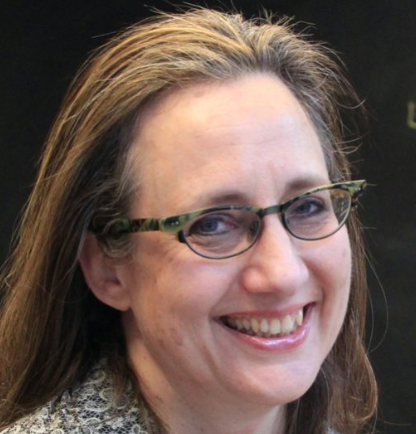
Deborah Howes produces innovative learning experiences, online exhibitions & resources, digital publications, websites, and virtual study centers for art museums and other educational institutions. As President of Howes Studio Inc. (HSI), she guides non-profit organizations in the planning & execution of digital learning products, as well as facilitates institutional transformations along with HSI’s team of media & learning professionals. Since 2023, Howes has been researching how cultural institutions might collaborate on improving educational experiments using Generative Artificial Intelligence systems.
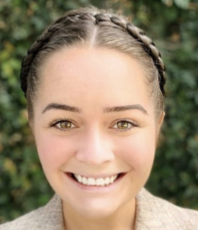
Emily Kate Genatowski is a Doctoral Candidate at the University of Vienna, where she founded and taught the master’s course “Artificial Intelligence and Large Language Models in Humanities Research.” Emily is the former North American coordinator of Google Arts & Culture and is currently working to bring courses from the University of Vienna onto the EU wide hosting platform DARIAH Campus.
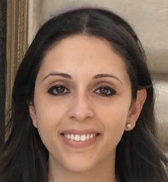
Maria Rosaria Re is full-time Researcher in Experimental Pedagogy at the department of History, Heritage, Education and Society – University of Roma Tor Vergata, where she teaches Evaluation in digital learning contexts. In 2020 she obtained a joint Ph.D. in “Culture, Education, Communication” from the University Roma Tre and the University of Foggia on the enhancement of Critical Thinking Skills in museum users. Her expertise concerns research education methodologies within formal and informal professional training contexts.
Dr. Re’s most recent interests have been focused on the design of dual learning experiences, promoting soft skills and well-being for professional development through innovative digital technologies. She has been a member of the Centre for Museum Studies (University Roma Tre) since 2015, an EDEN Fellow (European Distance and E-Learning Network) since 2020, and a member of the scientific board of the INTELLECT Research Centre (Research Centre for Heritage Education, Wellbeing and Teaching Technology) since 2021.
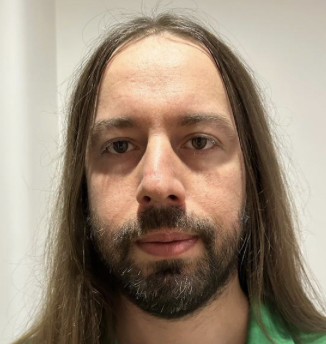
Carlo De Medio is a research fellow, at the Department of Education Sciences, University of Roma Tre. He has been collaborating with the Center for Museum Didactics (Univ. Roma Tre) since 2019 and has taken part in national and European research in the field of museum education, development of transversal and digital skills, promotion and evaluation of Critical Thinking, innovative teaching methodologies.
